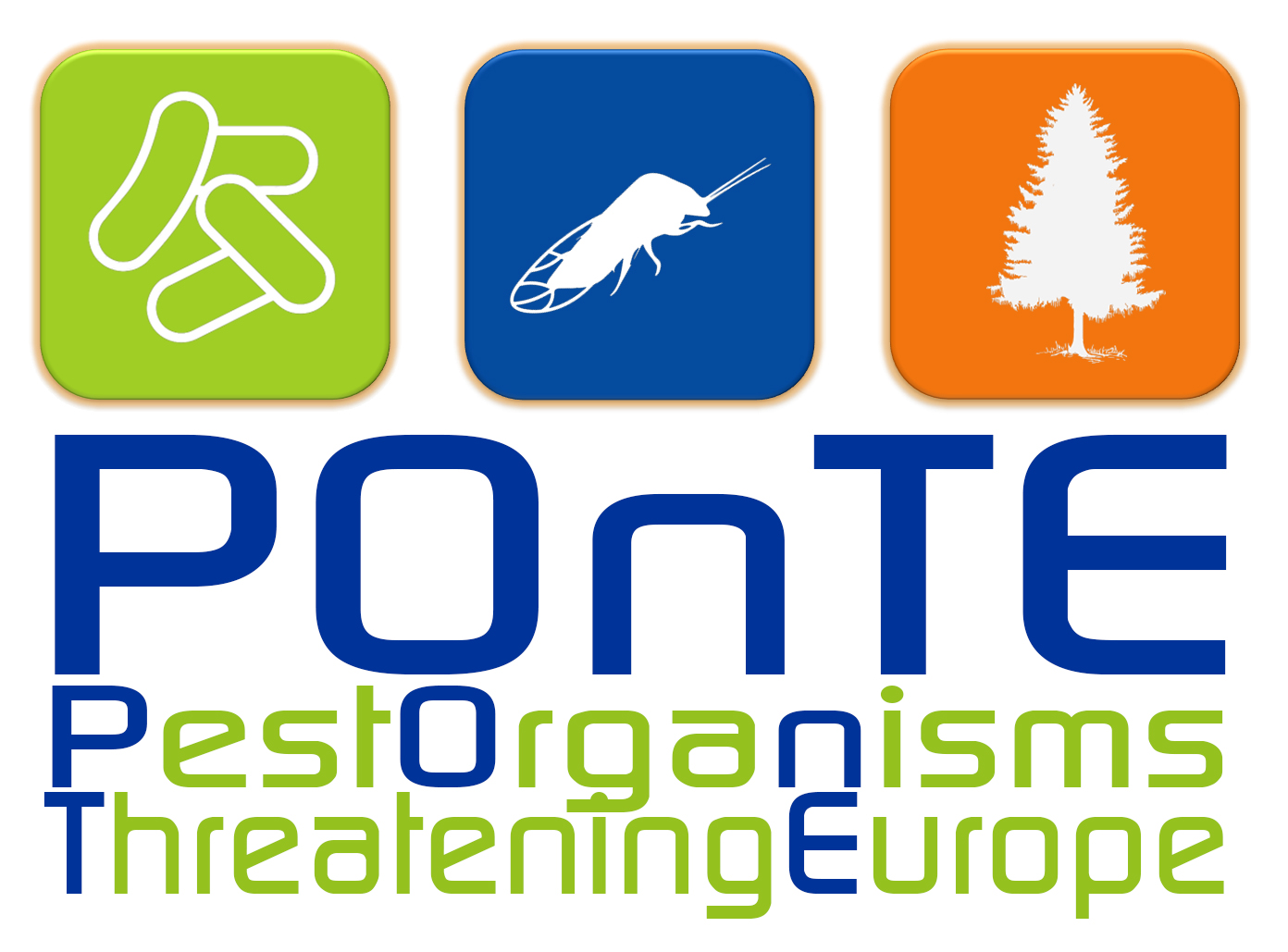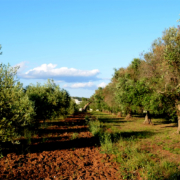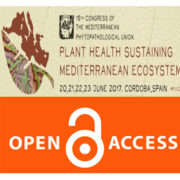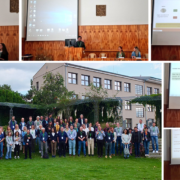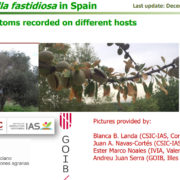The Plant Health Service of the Apulia Region authorized plantation of olive varieties resistant to Xylella fastidiosa in the demarcated infected area
A derogation of the prohibition of planting host plants in the infected zone was officially released on May 17 by the Apulia Region with the determination of the Regional Plant Health Service (number 274, supplemented by determination number 280). This act takes into account the provisions reported in the EU Decision 2017/2352, and gives the green light to the planting of the olive cultivars “Leccino” and “FS-17” in the infected area of Apulia, except for the 20-kilometre-wide belt bordering the buffer zone (containment zone).
Based on the current scientific knowledge, “Leccino” and “FS-17” are the first two olive varieties whose traits of resistance to Xylella-infections have been documented upon different laboratory tests, field observations and experimental trials carried out by researchers of the CNR-IPSP, the University of Bari and the CRSFA “Basile Caramia”.
Although these two varieties are recommended for the new plantation in the infected area, the Apulian regional authority issued a clear warning considering the lack of long-term observations and data, both in terms of resistance and productivity.
The new regulation stressed that “the studies on the identification of Xylella-resistant or tolerant species/varieties launched in 2014 are continuing with the support of the Horizon 2020 POnTE and Xf-ACTORS Projects on a large number of plant species and in the case of the olive tree on numerous varieties cultivated in the Mediterranean basin. Therefore additional tolerant or resistant varieties could be identified in the future”.
